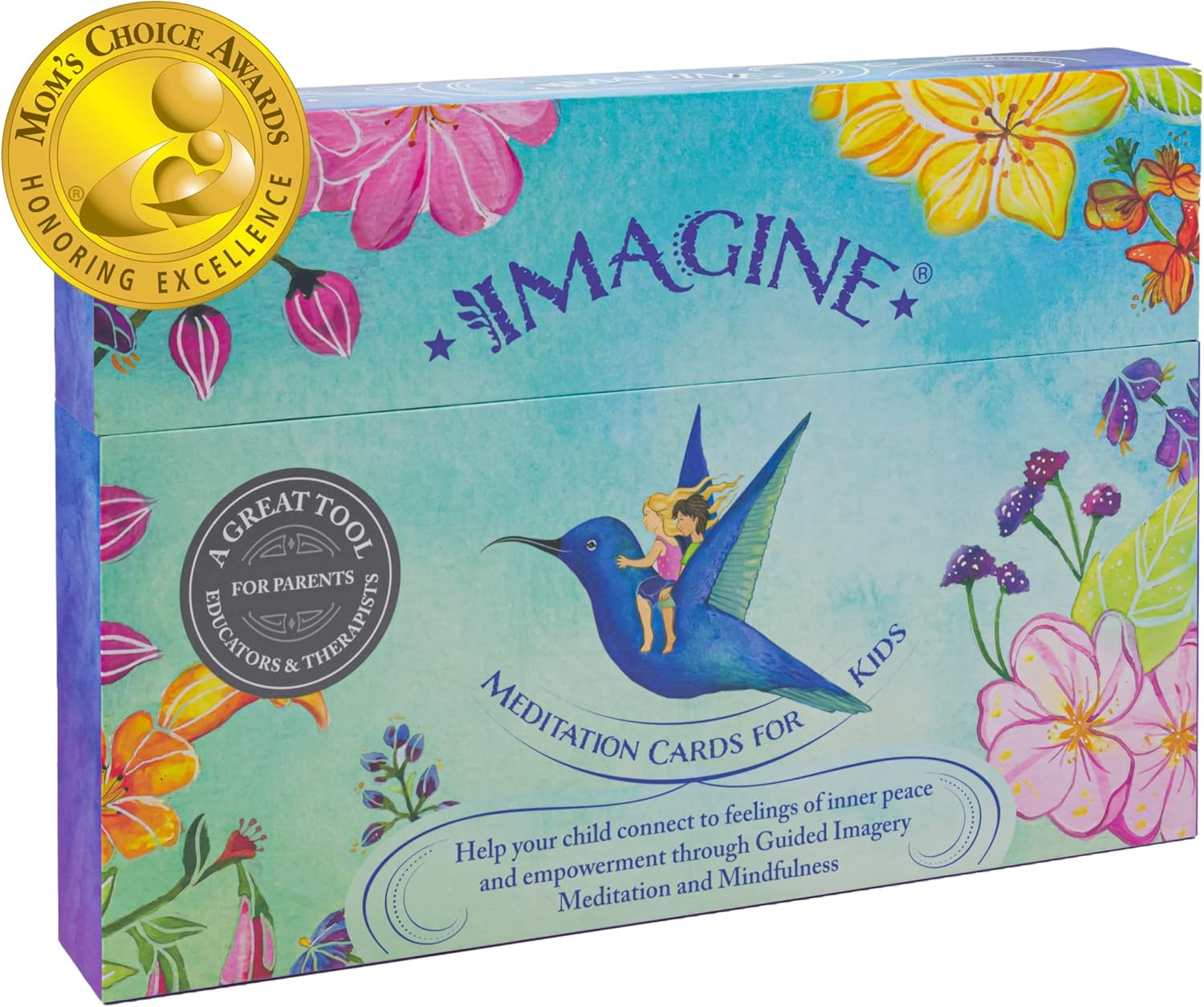Fasting has become an increasingly popular way to promote holistic well-being in recent years. From intermittent fasting to juice cleanses, people are turning to fasting as a way to improve their physical, mental, and spiritual health. While there are many types of fasting, the common thread between them is that they involve abstaining from food or certain types of food for a period of time. But what exactly are the health benefits of fasting, and why is it so important for holistic well-being? In this article, we will explore the science behind fasting, the different types of fasting, and how fasting can improve your overall health and well-being.
The Science Behind Fasting
Fasting has been used for centuries as a way to improve overall health and well-being. While there is still much to learn about the science behind fasting, there is a growing body of research that suggests fasting can be beneficial for a variety of health conditions. For example, studies have found that fasting can help to reduce inflammation, improve insulin sensitivity, and even reduce the risk of certain diseases.
In addition, fasting has been linked to improved mental clarity and focus. When you fast, your body is forced to use up its stored energy, which can lead to an increase in alertness and focus. By fasting, you can also reduce stress levels, which can help to improve your overall mental health.
Benefits of Fasting
Fasting is an effective way to improve your overall health and well-being. Research has found that fasting can help to improve heart health, reduce inflammation, and even improve cognitive function. In addition, fasting can help to reset your digestive system and kickstart weight loss.
Fasting can also be beneficial for your mental health. Studies have found that fasting can help to reduce stress levels and improve mental clarity and focus. By fasting, you can also give your body a break from processing food, allowing your digestive system to rest and reset.
Types of Fasting
There are many different types of fasting, and which one you choose will depend on your individual goals and lifestyle.
Intermittent Fasting
Intermittent fasting is a popular type of fasting that involves alternating between periods of eating and fasting. This type of fasting can be customized to fit any lifestyle and can be as simple as skipping breakfast or lunch and eating only during a specific window of time.
The benefits of intermittent fasting include weight loss, improved insulin sensitivity, better blood sugar control, and improved mental clarity and focus. Additionally, intermittent fasting can help to reduce inflammation and improve heart health.
The main downside of intermittent fasting is that it can be difficult to stick to a fasting schedule. If you are not used to fasting, it can be difficult to adjust your eating habits and stick to a fasting routine. Additionally, intermittent fasting can be difficult if you are not getting adequate nutrition and hydration during your eating windows.
Learn more from expert, Dr Jason Fung:
Juice Cleanses
Juice cleanses are another popular form of fasting and involve only consuming fresh fruit and vegetable juices for a period of time. This type of fasting is often used to detoxify the body and can be beneficial for resetting the digestive system.
The benefits of juice cleanses include improved digestion, increased energy, and improved skin health. Additionally, juice cleanses can help to reduce inflammation and improve overall health.
The main downside of juice cleanses is that they can be difficult to stick to. Juice cleanses can be expensive and time-consuming, and it can be difficult to get all the vitamins and minerals your body needs from juices alone. Additionally, juice cleanses can be difficult to stick to if you are not used to them.
Water Fasting
Water fasting is another type of fasting that involves only drinking water for a period of time. This type of fasting can be used to detoxify the body, improve mental clarity, and kickstart weight loss.
The benefits of water fasting include improved digestion, improved mental clarity, and increased energy. Additionally, water fasting can help to reduce inflammation and improve overall health.
The main downside of water fasting is that it should only be done under the supervision of a medical professional. Additionally, water fasting can be difficult to stick to and can cause dehydration if not done properly.
Get all your questions answered by Dr. Jin W. Sung:
What is the ideal duration of a fasting practice
The ideal duration of a fasting practice will depend on your individual goals and lifestyle. Intermittent fasting is a popular type of fasting that involves alternating between periods of eating and fasting. This type of fasting can be customized to fit any lifestyle and can be as simple as skipping breakfast or lunch and eating only during a specific window of time.
Other types of fasting, such as juice cleanses and water fasting, typically involve abstaining from food or certain types of food for a period of time. Juice cleanses can typically last anywhere from one to three days, while water fasting is usually done for three to five days. It is important to note that water fasting should only be done under the supervision of a medical professional.
The duration of a fasting practice will also depend on the type of fasting. For example, intermittent fasting can be done for as little as 12 hours or as long as 24 hours. However, it is important to remember that longer fasts are not necessarily more beneficial.
In general, it is best to start with shorter fasts and work your way up to longer fasts. It is also important to make sure that you are getting adequate nutrition and hydration during your fasting practice. If you are considering a longer fast, it is important to consult with your doctor or a nutritionist to ensure that it is safe for you to do so.
Recommended Products
Ad
Fasting is an increasingly popular way to promote holistic well-being. From intermittent fasting to juice cleanses, there are many types of fasting that can be customized to fit any lifestyle. Research has found that fasting can help to improve heart health, reduce inflammation, and improve mental clarity and focus. Fasting can also give your body a break from processing food, allowing your digestive system to rest and reset. If you are looking for a way to improve your overall health and well-being, fasting may be the answer.



